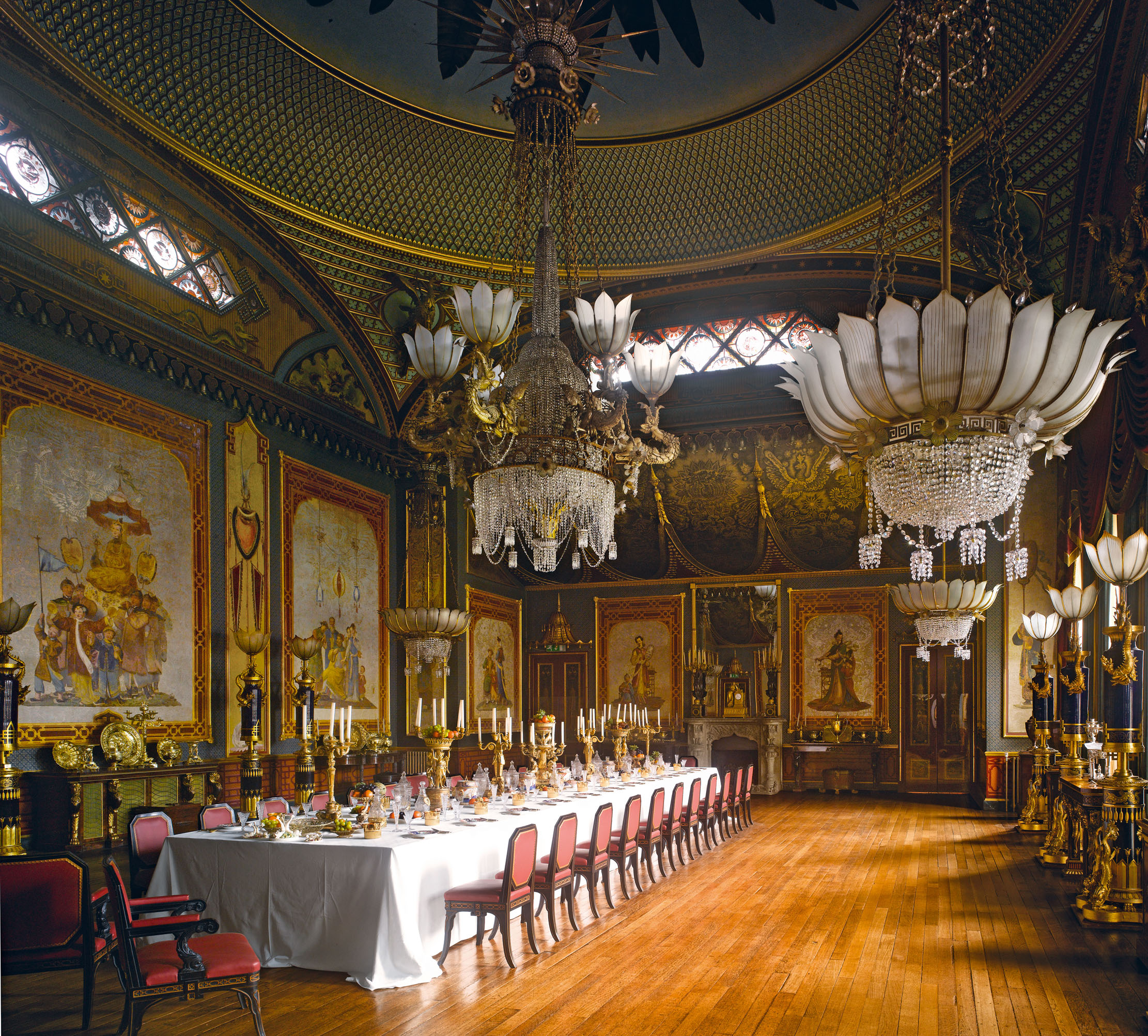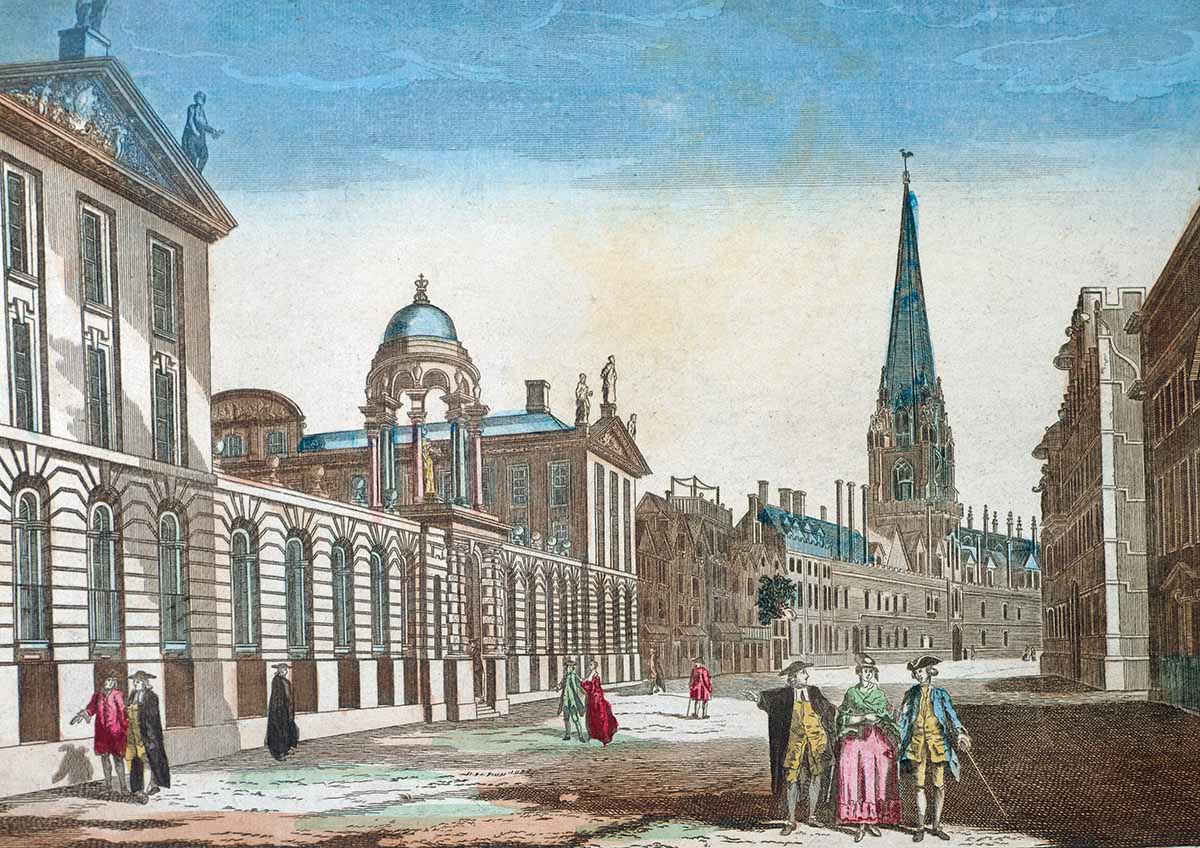- Published on
The Georgian Period

Table of Contents
- The Age of Revolutions
- The Class System & Education
- Who Attended University?
- The Oldest Aristocrats (Did not Attend)
- Younger Aristocrats & Aspirational Middle Class (Attended)
- Industrialization & Industrial Culture
- The Rise of Shopping
- Fall of Feudal Societal Norms
The Age of Revolutions
The Georgian period, from 1714 to 1830, saw several revolutions that had a profound impact on Europe. These included the Glorious Revolution, American Revolution, French Revolution, Haitian Revolution, and the Industrial Revolution. These revolutions brought about significant political, social, and economic changes.
The Class System & Education
In 18th century Britain, the class hierarchy was divided into several social classes. Here is a simplified diagram of the class hierarchy

| Class Name | Description |
|---|---|
| Upper Class | The upper class in 18th century Britain consisted of the Royal Family, nobility such as Dukes, Earls, Viscounts, and Barons, and the upper gentry who were landed aristocracy and wealthy landowners. |
| Middle Class | The middle class included lower gentry who owned smaller estates, merchants, traders, professionals such as lawyers, doctors, and clergy, as well as artisans, skilled craftsmen, and wealthy farmers who owned their land. |
| Lower Class | The lower class consisted of tenant farmers who rented land to farm, laborers such as unskilled workers and domestic servants, and paupers who lived in extreme poverty. |
Who Attended University?
The Oldest Aristocrats (Did not Attend)
During the 18th century, it was common for aristocrats to forego university education. While Oxford, Cambridge, and Durham were the major universities of the time, they were typically attended by individuals seeking professional training. Instead, eldest sons within the aristocratic class embarked on the Grand Tour, a journey across Europe aimed at gaining cultural and philosophical knowledge. The Grand Tour was seen as an essential rite of passage for young aristocrats, providing them with an opportunity to broaden their horizons and develop their minds.

Younger Aristocrats & Aspirational Middle Class (Attended)
While aristocrats often bypassed university education during the 18th century, younger members of the aristocracy (often referred to as "the spare to the heir") and aspiring members of the middle class sought out higher education in order to pursue careers as lawyers, clergymen, or doctors. Attending university provided them with a path to enter these esteemed professions and attain upward social mobility.
Industrialization & Industrial Culture
Prominent industrial cities in Britain, such as Manchester, Birmingham, Liverpool, Leeds, Sheffield, Newcastle, and Glasgow, were selected for industrialization due to their vast lands and abundance of running water for factories. In contrast, London and Bristol were considered too valuable as hubs of finance and trade to be ideal for industrialization.
The rise of industrialization brought about Social Emulation, where individuals sought to wear goods that emulated their idols and expressed their allegiances to certain organizations. This led to the emergence of cultural capital, which refers to an individual's possession of knowledge, skills, and cultural assets that can be used to gain social status and upward mobility.

The Rise of Shopping
Industrialization had a significant impact on social mobility, particularly in urban centers like London. As society changed, people began to have more free time and access to leisure activities. The cost of goods decreased, while the cost of food increased, resulting in the emergence of shopping as a leisure activity.
However, creating a market for shopping was not easy. To generate demand, society used various methods, such as pamphlets and conversation, to promote the idea of consumer spending. Print shops also provided access to fashion trends from different countries, allowing people to understand and observe cultural shifts.
In London, Piccadilly and Bond Street emerged as major shopping hubs, allowing for the development of conversational and negotiation skills. Shopping became an integral part of cultural capital and social status, enabling upward mobility and the emergence of a consumer society.
Fall of Feudal Societal Norms
The emergence of shopping and consumer culture in Britain represented a significant departure from the feudal times of old, where one's place in society was determined by divine right and was unchangeable. While the shift towards consumer culture enabled social mobility and upward mobility, it also placed more responsibility on the individual to make something of themselves, rather than relying on divine decree.
In many ways, this shift represented a move towards a more individualistic society, where people were responsible for creating their own success and defining their own identity. However, it also reflected the changing values of society, where material wealth and status became increasingly important, and traditional values of divine hierarchy and feudal obligation were eroded.
- Authors

- Name
- Apurva Shah
- Website
- apurvashah.org